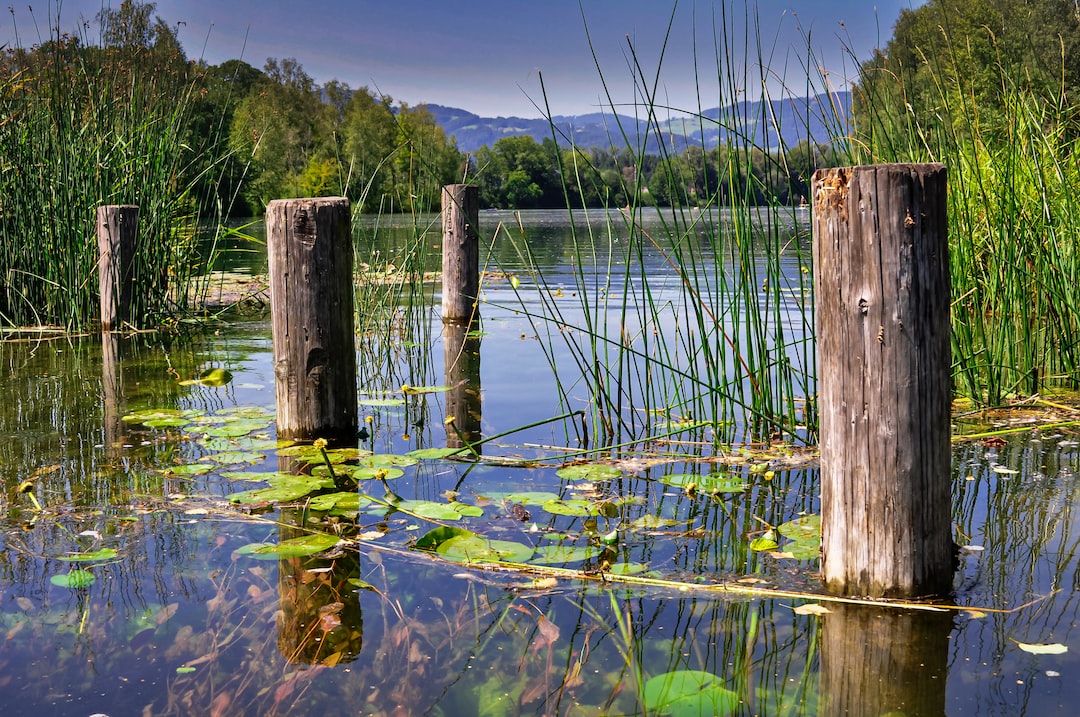Outdoor Safety 101: Tips for a Secure Outdoor Experience
Spending time in the great outdoors can be a fulfilling and rejuvenating experience. Whether you enjoy camping, hiking, fishing, or simply being surrounded by nature, it is important to prioritize safety to ensure your outdoor adventures are enjoyable and secure. With a few simple precautions, you can minimize potential risks and maximize your outdoor experience. Here are some essential tips to keep in mind:
1. Be Prepared:
Before heading out, always check the weather forecast for your area. This will help you pack appropriate clothing and gear, ensuring you are ready to face any unexpected changes in weather conditions. Packing essentials such as a first aid kit, navigation tools (map, compass, or GPS), extra food and water, matches or a lighter, and a headlamp or flashlight is also crucial.
2. Share Your Trip Details:
Inform a trusted friend or family member about your itinerary, including the location, duration, and expected return time of your outdoor excursion. This will ensure someone is aware of your plans and can alert authorities if you don’t return on time.
3. Research the Area:
Take the time to research and familiarize yourself with the area you plan to visit. Obtain trail maps or guidebooks and become familiar with any potential hazards or dangerous wildlife that may be present. This knowledge will equip you to make informed decisions and avoid unnecessary risks.
4. Dress Appropriately:
Wear appropriate clothing and footwear for the outdoor activity you are participating in. Dress in layers so you can easily adjust to changing weather conditions. It is crucial to wear sturdy shoes or boots that provide ankle support to prevent injuries on uneven terrain.
5. Stay Hydrated:
Dehydration can be a serious issue when spending prolonged periods outdoors. Drink plenty of water and bring a reusable water bottle with you. If you plan to be out for an extended period of time or in a remote area, consider using a water filter or purification method to ensure a safe drinking supply.
6. Protect Yourself from the Sun:
Even on cloudy days, harmful ultraviolet (UV) rays can damage your skin. Apply and reapply a broad-spectrum sunscreen with a high sun protection factor (SPF) and wear a wide-brimmed hat and sunglasses to protect your face and eyes from the sun’s rays.
7. Wildlife Encounters:
While encountering wildlife can be a memorable experience, it is important to respect their space and avoid approaching or feeding them. Keep a safe distance and use binoculars or a zoom lens to observe them. If you come across a predator, remain calm, back away slowly, and avoid eye contact.
8. Be Mindful of Fire Safety:
If you plan to have a campfire, ensure it is allowed in the area you are visiting and follow proper fire safety practices. Only build fires in designated fire pits or established areas, and never leave a fire unattended. Before leaving, ensure the fire is completely extinguished by dousing it with water and stirring the ashes.
9. Take Care of Waste:
Leave no trace by packing out all your trash and following proper waste disposal practices. Use designated restrooms or dig a small hole at least six inches deep and 200 feet away from any water source to bury human waste. Respect the environment and leave it as you found it for others to enjoy.
10. Trust Your Instincts:
Finally, trust your instincts. If something feels off or unsafe, listen to your gut feelings and take appropriate action. Avoid taking unnecessary risks and always prioritize your safety and well-being.
By following these outdoor safety tips, you can enjoy a secure and memorable outdoor experience. Remember to be prepared, research the area, dress appropriately, stay hydrated, protect yourself from the sun, respect wildlife, practice fire safety, take care of waste, and trust your instincts. Enjoy the beauty of nature while ensuring your safety and that of your fellow adventurers. Happy exploring!
